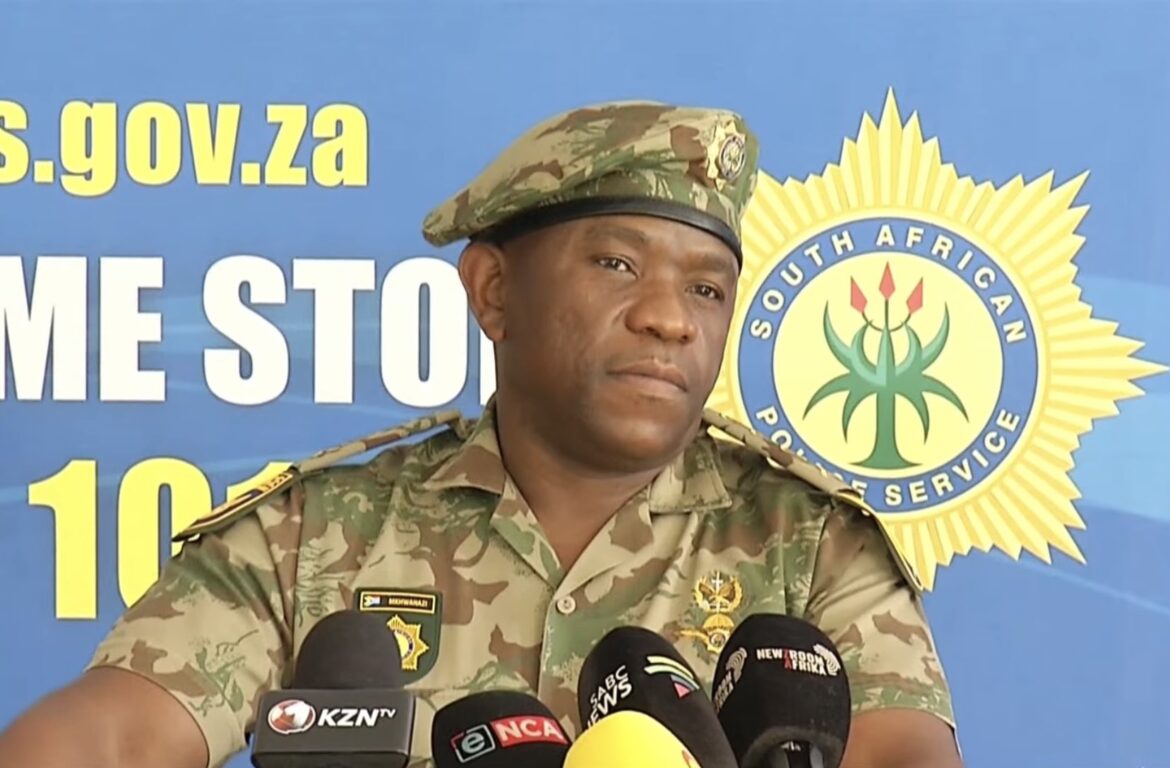South Africa’s police service is facing a storm of controversy as senior officials clash over the sudden and suspicious shutdown of the Political Killings Task Team—a unit once tasked with investigating deadly political crimes tied to powerful figures.
Lieutenant General Shadrack Sibiya, Deputy National Commissioner for Crime Detection, dropped a political grenade in a televised interview with Newzroom Afrika, claiming he was ordered to dismantle the unit by National Commissioner General Fannie Masemola. According to Sibiya, that order came directly from Police Minister Senzo Mchunu and was formalized in an official letter. He added that 121 case dockets—many involving high-profile suspects—were pulled from the unit and sent to his Pretoria office.
But Masemola is pushing back, hard. At a press briefing in Vanderbijlpark on July 9, the police chief categorically denied issuing or receiving any such directive. “I am sure you have not seen any letter that I have signed to close the unit,” he said, distancing himself from the decision and fueling speculation about deeper tensions within SAPS leadership.
This high-level contradiction surfaces just days after KwaZulu-Natal Police Commissioner General Nhlanhla Mkhwanazi accused both Sibiya and Mchunu of meddling in criminal investigations. Mkhwanazi alleged that the Political Killings Task Team was dismantled to obstruct justice, particularly in cases implicating a dangerous syndicate of politicians, police officers, and prosecutors. Notably, he revealed that five dockets withdrawn from the team had already been flagged for arrests—raising serious questions about who is being protected, and why.
As public trust in law enforcement teeters, the SAPS appears caught in a power struggle where truth is elusive and accountability is on trial. The country now watches with growing unease: is this a cover-up, or a crisis of command?
